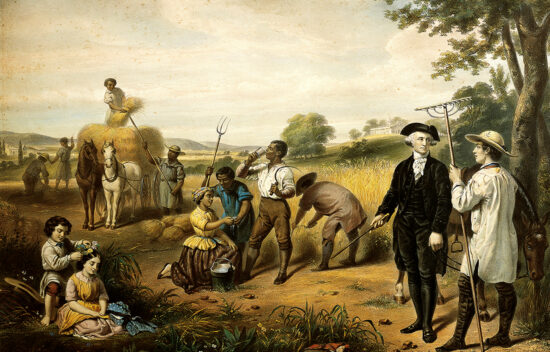Chapter 4: 1789-1800 Inquiry Organizer
Compelling Question: How can a nation stay unified despite divisions? |
|
Chapter Objectives:
|
| Supporting Question 1: What unified the thirteen former colonies as a new nation in 1789? | Resources:
|
| Supporting Question 2: What political, social and cultural issues caused internal divisions in the new nation? | Resources:
|
| Supporting Question 3: How was the new nation challenged in its interactions with other nations? | Resources:
|
| Supporting Question 4: How did the Washington and Adams Administrations respond to challenges? | Resources:
|
Additional Resources:
|
|
Unit 2 Essay Activity:
As the newly established American government convened for the first time, the various economic, social, and political interests of the American nation immediately began testing the resiliency of the new Constitution. Through this inquiry, students will evaluate primary and secondary sources to analyze how the young United States of America developed unity and a sense of national identity despite the divisions that emerged in the 1790s. Assess students’ progress in understanding the compelling question for this chapter by assigning the Unit 2 Essay Activity. |
|
Some components of this resource may contain terminology that is no longer used because the terms are recognized to be offensive or derogatory, and some components may contain images that would be considered offensive or derogatory today. These terms and images have been retained in their original usage in order to present them accurately in their historical context for student learning, including understanding why these are not acceptable today.










